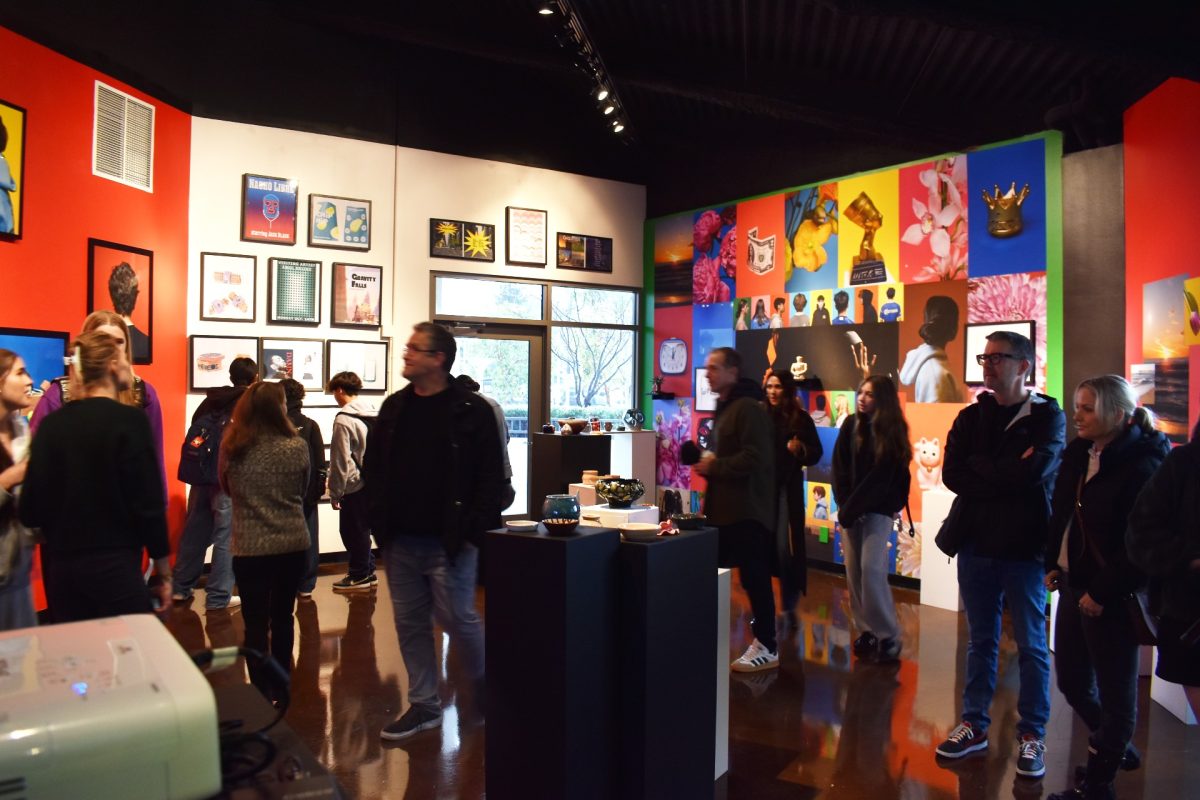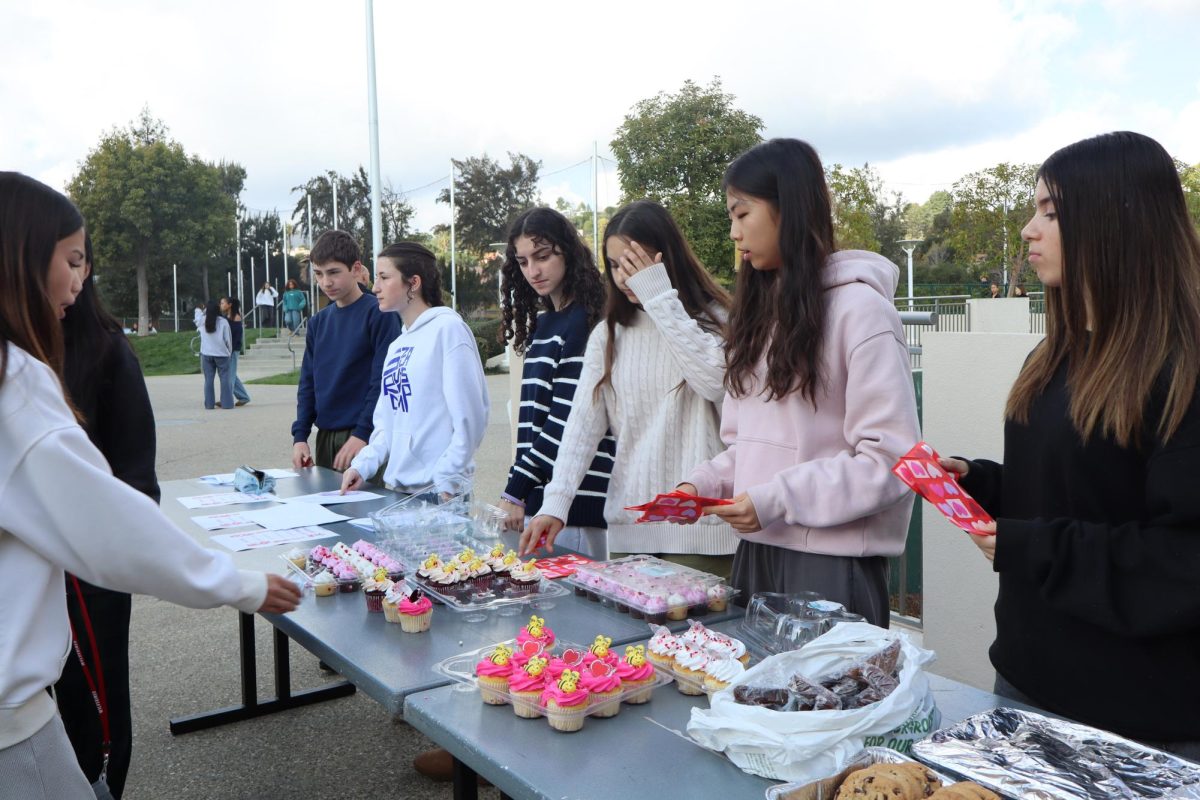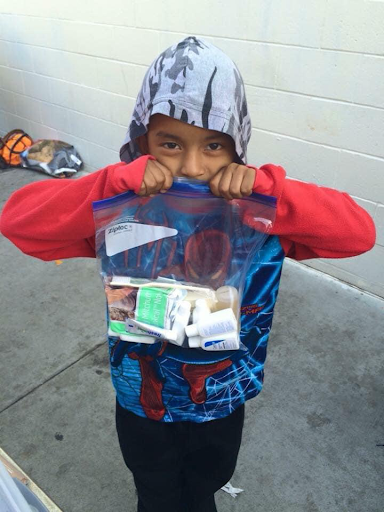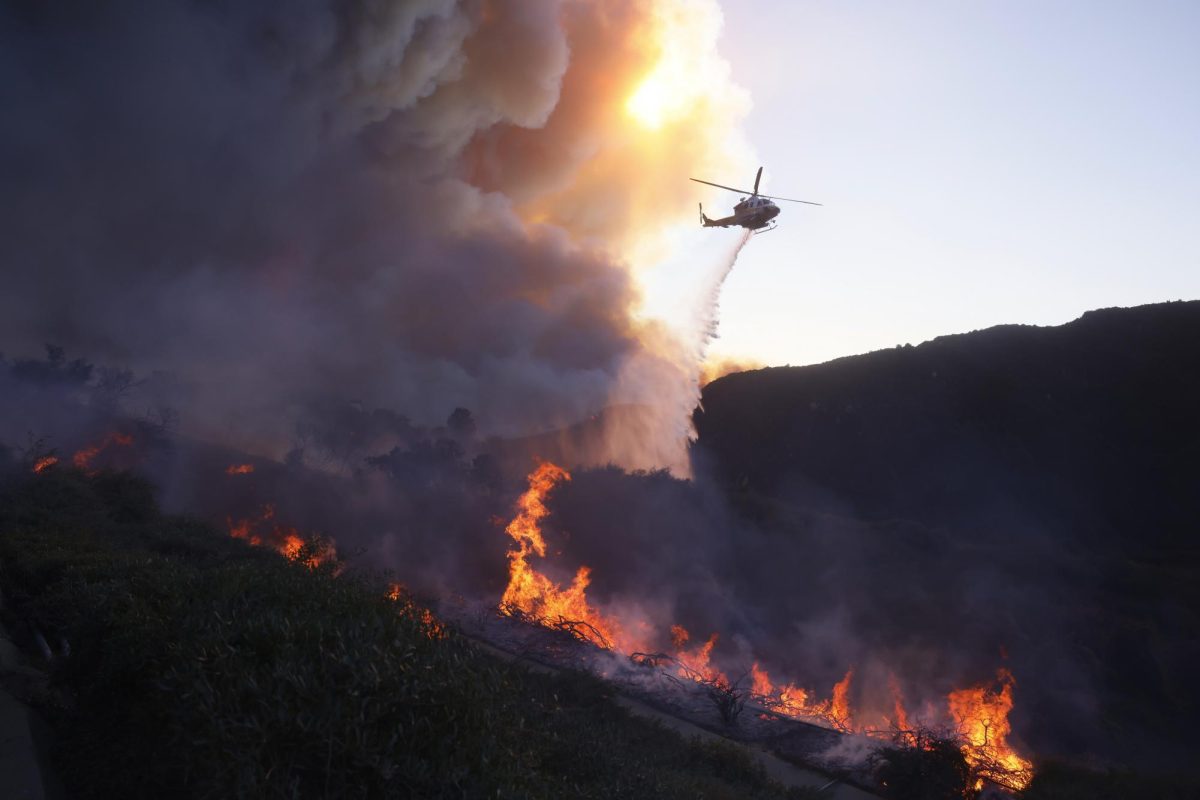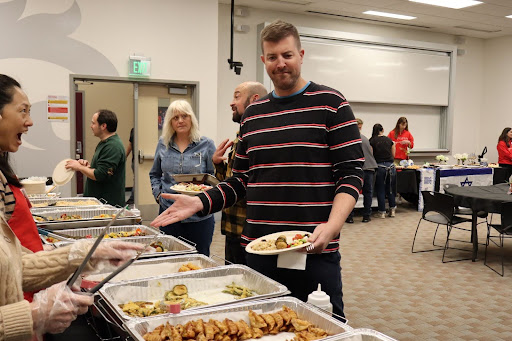Harvard-Westlake (HW) combines multiple strategies such as health classes, advisory, and FCD (Freedom from Chemical Dependency) to combat student drug use, some of which other Los Angeles private schools also utilize.
In seventh grade, students have advisory once per cycle during their lunch period where they learn about different issues that affect their life, sometimes including drug education. Eighth graders have Human Development and 10th graders have Life Lab, two classes that cover a variety of topics including drug use. FCD comes in for four days during the first semester to educate ninth-graders specifically about drug use.
“We’re trying to give students information at times before they need it,” Head of the Middle School, Jon Wimbish, said.
He said that one of the main goals of FCD was “delaying use.” FCD has an international reputation, holding seminars all over the world. All FCD educators are recovering addicts, which many believe help the effectiveness of their lessons.
“It’s one thing for people to say ‘make healthy choices,'” Wimbish said. “For someone to be able to speak from the experience of not making those choices that we are asking young people to make and can personally share the stories of relationships lost and damage caused and health concerns and criminal records and all of those things… it might sink in a little bit.”
After the FCD educators came, students filled out surveys about the effectiveness of the classes. Wimbish believes the contrast between the amount of knowledge on drugs before and after the FCD was “stark.”
Ninth grade dean Colby Plath and human development teacher and student support team member Kim Burnett organize FCD. The organization has been coming to HW for a long time. Wimbish said that FCD has been educating students at HW longer than he has been here. Plath and Burnett took over from Rabbi Emily Feiginson as the teacher in charge of FCD this year.
FCD educates students all over LA. For example, Oakwood has a similar program where FCD educators teach students the dangers of addiction. The curriculum is also designed to complement information taught in human development classes.
Students take human development classes that cover substance abuse in the ninth and 10th grades at Oakwood.
“I think the classes are particularly helpful because they include not just lectures and information, but the format is group discussions and participation,” Oakwood student Galit Ringach ‘21 said.
Similar to HW, Oakwood’s classes are kept small so that students can have a safe space to share their thoughts and feelings about the topic at hand. Within the course, students learn about the different positions one may find themselves in and how one may respond or react to these situations .
“The focus is on making ‘smart choices,'” Ringach said. “I believe that part of what makes this course effective is that the teachers are not just saying ‘say no to drugs’ or using scare tactics. They are realistic in knowing that we will be in situations where drugs are available and giving us the information and trusting us to use it.”
Marlborough also has health classes, but they are not focused solely on substance abuse. In ninth grade, students learn about a substance’s history, short and long term effects, and treatments for addiction.
“Each student had to research a certain substance/drug and present it to the class,” Marlborough student Kate Yamaguchi ‘21 said.
In 11th grade, the curriculum shifts to hypothetical responses when one is encountered with a situation that involves substances. Students discuss how substances affect a person and some strategies that can keep the student safe. Yamaguchi believes that the classes are very educational and helpful.
In addition, Marlborough invites guest speakers to address human development issues. For example, in the 2016-17 school year, Jonathan Scott, a drug education specialist, came to the school to address substance abuse.
Marlborough students are also required to be in an advisory group, which comprises of a teacher and approximately ten students. Here, students discuss issues regarding the school. Sometimes, students would talk about substance abuse during advisory.
“[Advisory] is a nice way for students to listen and talk about the topic at hand,” Yamaguchi said.
In Flintridge Preparatory, there is a life science class taught in seventh grade and advisory groups created for ninth graders. The advisory deals with subjects like stress, time management, and drugs. While the class does spend a little time discussing substance abuse and its consequences, they don’t spend that much time.
“I think with the amount of time the teacher/advisor has with drugs, they do a great job of trying to prevent a student from drugs,” Flintridge Preparatory student Matthew Wang ‘23 said.
Polytechnic has a human development class that focuses on mental health issues and problems in society.
“These classes are made to be a safe space for students at Polytechnic and can be helpful in educating students on the different points of view,” Polytechnic student Sabrina Zhang ‘23 said.
Polytechnic faculty members also advise and foster an environment where students are encouraged to make the right choices in regard to the consequences.
“They try to create community sessions for underclassmen to talk to more experienced upperclassmen in dealing with these situations,” Zhang said
Other than the human development classes eighth graders are required to take, Sierra Canyon does not use any other mechanism to reduce drug use. However, the school is very strict about drugs.
“Like other schools, Sierra Canyon tends to expel people if they are caught using it at school,” Sierra Canyon student Audrey Young ‘21 said.
LA private schools, including Harvard-Westlake, use classes and other techniques to prevent student drug use.
“You want to have a plan in place when you go to a party and someone hands you a beer,” Wimbish said. “Rather than trying to come up with a decision right then and there, you’ve already thought about this, you’ve already thought ‘here’s how I would respond. here’s what I would say, here’s what I will do.'”

